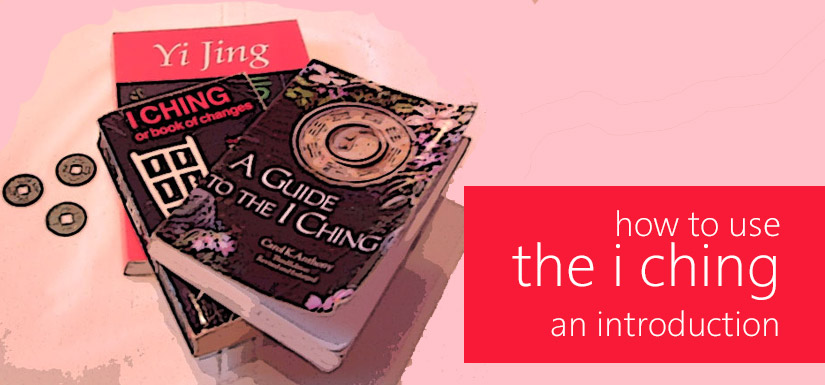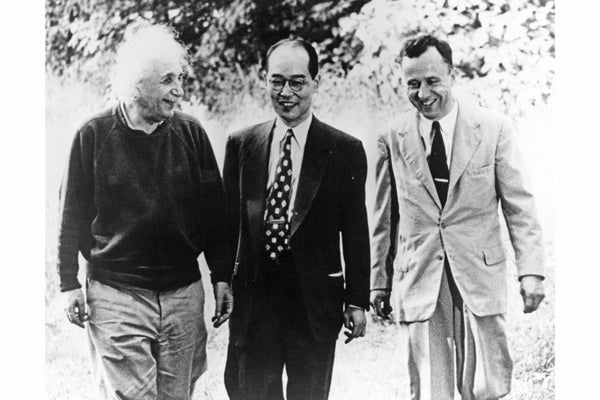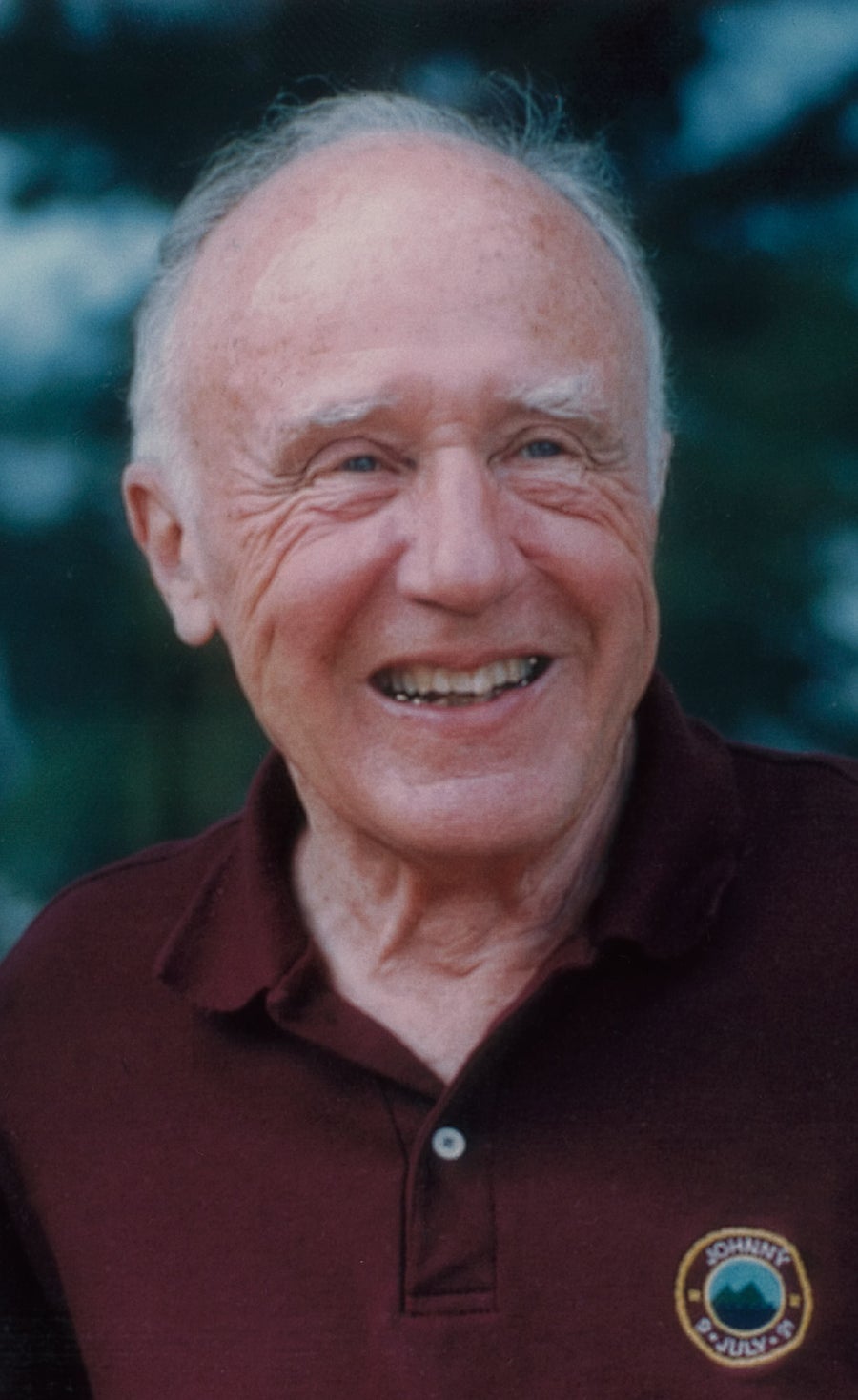The Strangest Secret Article by: Earl Nightingale
Transcribed from The Strangest Secret audio program by Earl Nightingale
----------------------------------------------------------------------------
Some years ago, the late Nobel prize-winning Dr. Albert Schweitzer was asked by a reporter, “Doctor, what’s wrong with men today?” The great doctor was silent a moment, and then he said, “Men simply don’t think!”
It’s about this that I want to talk with you. We live today in a golden age. This is an era that humanity has looked forward to, dreamed of, and worked toward for thousands of years. We live in the richest era that ever existed on the face of the earth … a land of abundant opportunity for everyone.
However, if you take 100 individuals who start even at the age of 25, do you have any idea what will happen to those men and women by the time they’re 65? These 100 people believe they’re going to be successful. They are eager toward life, there is a certain sparkle in their eye, an erectness to their carriage, and life seems like a pretty interesting adventure to them.
But by the time they’re 65, only one will be rich, four will be financially independent, five will still be working, and 54 will be broke and depending on others for life’s necessities.
Only five out of 100 make the grade! Why do so many fail? What has happened to the sparkle that was there when they were 25? What has become of the dreams, the hopes, the plans … and why is there such a large disparity between what these people intended to do and what they actually accomplished?
THE DEFINITION OF SUCCESS
First, we have to define success and here is the best definition I’ve ever been able to find: “Success is the progressive realization of a worthy ideal.”
A success is the school teacher who is teaching because that’s what he or she wants to do. A success is the entrepreneur who start his own company because that was his dream and that’s what he wanted to do. A success is the salesperson who wants to become the best salesperson in his or her company and sets forth on the pursuit of that goal.
A success is anyone who is realizing a worthy predetermined ideal, because that’s what he or she decided to do … deliberately. But only one out of 20 does that! The rest are “failures.”
Rollo May, the distinguished psychiatrist, wrote a wonderful book called Man’s Search for Himself, and in this book he says: “The opposite of courage in our society is not cowardice … it is conformity.” And there you have the reason for so many failures. Conformity and people acting like everyone else, without knowing why or where they are going.
We learn to read by the time we’re seven. We learn to make a living by the time we’re 30. Often by that time we’re not only making a living, we’re supporting a family. And yet by the time we’re 65, we haven’t learned how to become financially independent in the richest land that has ever been known. Why? We conform! Most of us are acting like the wrong percentage group and the 95 who don’t succeed.
GOALS
Have you ever wondered why so many people work so hard and honestly without ever achieving anything in particular, and why others don’t seem to work hard, yet seem to get everything? They seem to have the “magic touch.” You’ve heard people say, “Everything he touches turns to gold.” Have you ever noticed that a person who becomes successful tends to continue to become more successful? And, on the other hand, have you noticed how someone who’s a failure tends to continue to fail?
The difference is goals. People with goals succeed because they know where they’re going. It’s that simple. Failures, on the other hand, believe that their lives are shaped by circumstances … by things that happen to them … by exterior forces.
That’s why it’s so easy to make a living today. It takes no particular brains or talent to make a living and support a family today. We have a plateau of so-called “security.” So, to succeed, all we must do is decide how high above this plateau we want to aim.
Throughout history, the great wise men and teachers, philosophers, and prophets have disagreed with one another on many different things. It is only on this one point that they are in complete and unanimous agreement and the key to success and the key to failure is this:
WE BECOME WHAT WE THINK ABOUT
This is The Strangest Secret! Now, why do I say it’s strange, and why do I call it a secret? Actually, it isn’t a secret at all. It was first promulgated by some of the earliest wise men, and it appears again and again throughout the Bible. But very few people have learned it or understand it. That’s why it’s strange, and why for some equally strange reason it virtually remains a secret.
Marcus Aurelius, the great Roman Emperor, said: “A man’s life is what his thoughts make of it.”
Disraeli said this: “Everything comes if a man will only wait … a human being with a settled purpose must accomplish it, and nothing can resist a will that will stake even existence for its fulfillment.”
William James said: “We need only in cold blood act as if the thing in question were real, and it will become infallibly real by growing into such a connection with our life that it will become real. It will become so knit with habit and emotion that our interests in it will be those which characterize belief.” He continues, ” … only you must, then, really wish these things, and wish them exclusively, and not wish at the same time a hundred other incompatible things just as strongly.”
My old friend Dr. Norman Vincent Peale put it this way: “If you think in negative terms, you will get negative results. If you think in positive terms, you will achieve positive results.” George Bernard Shaw said: “People are always blaming their circumstances for what they are. I don’t believe in circumstances. The people who get on in this world are the people who get up and look for the circumstances they want, and if they can’t find them, make them.”
Well, it’s pretty apparent, isn’t it? We become what we think about. A person who is thinking about a concrete and worthwhile goal is going to reach it, because that’s what he’s thinking about. Conversely, the person who has no goal, who doesn’t know where he’s going, and whose thoughts must therefore be thoughts of confusion, anxiety, fear, and worry will thereby create a life of frustration, fear, anxiety and worry. And if he thinks about nothing … he becomes nothing.
AS YE SOW and SO SHALL YE REAP
The problem is that our mind comes as standard equipment at birth. It’s free. And things that are given to us for nothing, we place little value on. Things that we pay money for, we value.
The paradox is that exactly the reverse is true. Everything that’s really worthwhile in life came to us free and our minds, our souls, our bodies, our hopes, our dreams, our ambitions, our intelligence, our love of family and children and friends and country. All these priceless possessions are free.
But the things that cost us money are actually very cheap and can be replaced at any time. A good man can be completely wiped out and make another fortune. He can do that several times. Even if our home burns down, we can rebuild it. But the things we got for nothing, we can never replace.
Our mind can do any kind of job we assign to it, but generally speaking, we use it for little jobs instead of big ones. So decide now. What is it you want? Plant your goal in your mind. It’s the most important decision you’ll ever make in your entire life.
Do you want to excel at your particular job? Do you want to go places in your company … in your community? Do you want to get rich? All you have got to do is plant that seed in your mind, care for it, work steadily toward your goal, and it will become a reality.
It not only will, there’s no way that it cannot. You see, that’s a law and like the laws of Sir Isaac Newton, the laws of gravity. If you get on top of a building and jump off, you’ll always go down and you’ll never go up.
And it’s the same with all the other laws of nature. They always work. They’re inflexible. Think about your goal in a relaxed, positive way. Picture yourself in your mind’s eye as having already achieved this goal. See yourself doing the things you will be doing when you have reached your goal.
Every one of us is the sum total of our own thoughts. We are where we are because that’s exactly where we really want or feel we deserve to be and whether we’ll admit that or not. Each of us must live off the fruit of our thoughts in the future, because what you think today and tomorrow and next month and next year and will mold your life and determine your future. You’re guided by your mind.
Do what the experts since the dawn of recorded history have told us to do: pay the price, by becoming the person you want to become. It’s not nearly as difficult as living unsuccessfully.
The moment you decide on a goal to work toward, you’re immediately a successful person and you are then in that rare group of people who know where they’re going. Out of every hundred people, you belong to the top five. Don’t concern yourself too much with how you are going to achieve your goal and leave that completely to a power greater than yourself. All you have to do is know where you’re going. The answers will come to you of their own accord, and at the right time.
Start today. You have nothing to lose and but you have your whole life to win.
30-DAYACTION IDEAS FOR PUTTING THE STRANGEST SECRET TO WORK FOR YOU
For the next 30-days follow each of these steps every day until you have achieved your goal.
1. Write on a card what it is you want more that anything else. It may be more money. Perhaps you’d like to double your income or make a specific amount of money. It may be a beautiful home. It may be success at your job. It may be a particular position in life. It could be a more harmonious family.
Write down on your card specifically what it is you want. Make sure it’s a single goal and clearly defined. You needn’t show it to anyone, but carry it with you so that you can look at it several times a day. Think about it in a cheerful, relaxed, positive way each morning when you get up, and immediately you have something to work for and something to get out of bed for, something to live for.
Look at it every chance you get during the day and just before going to bed at night. As you look at it, remember that you must become what you think about, and since you’re thinking about your goal, you realize that soon it will be yours. In fact, it’s really yours the moment you write it down and begin to think about it.
2. Stop thinking about what it is you fear. Each time a fearful or negative thought comes into your mind, replace it with a mental picture of your positive and worthwhile goal. And there will come a time when you’ll feel like giving up. It’s easier for a human being to think negatively than positively. That’s why only five percent are successful! You must begin now to place yourself in that group.
“Act as though it were impossible to fail,” as Dorothea Brande said. No matter what your goal and if you’ve kept your goal before you every day and you’ll wonder and marvel at this new life you’ve found.
3. Your success will always be measured by the quality and quantity of service you render. Most people will tell you that they want to make money, without understanding this law. The only people who make money work in a mint. The rest of us must earn money. This is what causes those who keep looking for something for nothing, or a free ride, to fail in life. Success is not the result of making money; earning money is the result of success and and success is in direct proportion to our service.
Most people have this law backwards. It’s like the man who stands in front of the stove and says to it: “Give me heat and then I’ll add the wood.” How many men and women do you know, or do you suppose there are today, who take the same attitude toward life? There are millions.
We’ve got to put the fuel in before we can expect heat. Likewise, we’ve got to be of service first before we can expect money. Don’t concern yourself with the money. Be of service … build … work … dream … create! Do this and you’ll find there is no limit to the prosperity and abundance that will come to you.
Don’t start your test until you’ve made up your mind to stick with it. If you should fail during your first 30 days and by that I mean suddenly find yourself overwhelmed by negative thoughts and simply start over again from that point and go 30 more days. Gradually, your new habit will form, until you find yourself one of that wonderful minority to whom virtually nothing is impossible.
Above all … don’t worry! Worry brings fear, and fear is crippling. The only thing that can cause you to worry during your test is trying to do it all yourself. Know that all you have to do is hold your goal before you; everything else will take care of itself.
Take this 30-day test, then repeat it … then repeat it again. Each time it will become more a part of you until you’ll wonder how you could have ever have lived any other way. Live this new way and the floodgates of abundance will open and pour over you more riches than you may have dreamed existed. Money? Yes, lots of it. But what’s more important, you’ll have peace … you’ll be in that wonderful minority who lead calm, cheerful, successful lives.
----------------------------------------------------------------------------------
Earl Nightingale
Source
https://www.nightingale.com/articles/the-strangest-secret/











